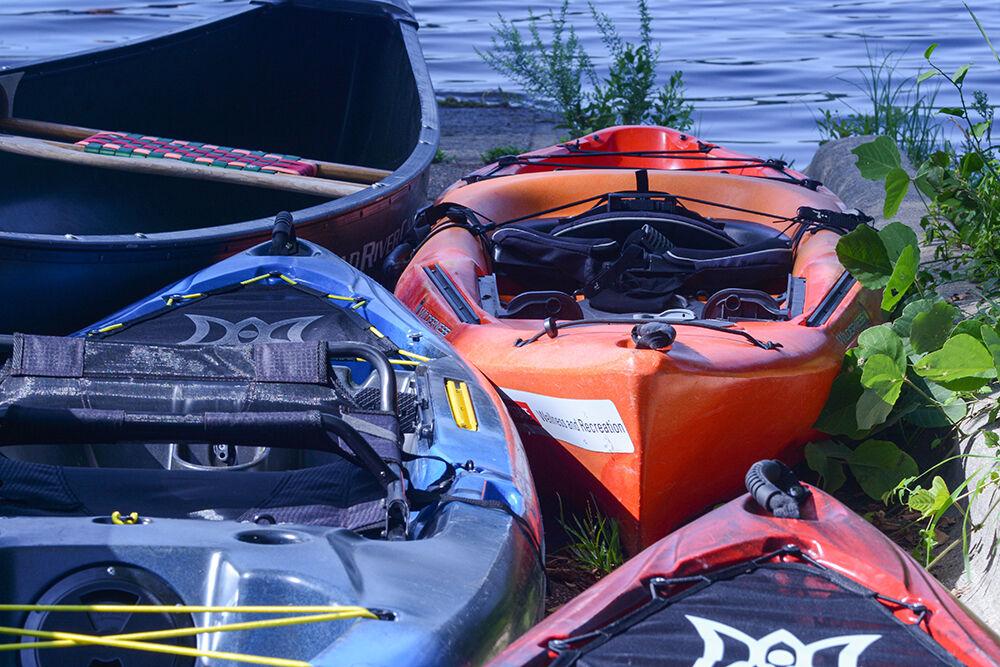KangJae Lee, an assistant professor in the department of parks, recreation and tourism management, studies the history of outdoor recreation, why it often leaves out people of color and what can be done to correct this.
According to Lee, many racial minorities do not take advantage of public parks and other spheres due to the racist history of parks. Lee’s research focuses on answering three questions concerning this.
“One, why is this happening?” Lee said. “We are seeing racial and ethnic disparities in terms of outdoor recreation, such as national parks and state parks. So the first question is addressing the why question. The second question is, what can we do about this? Is this something that we need to pay attention to? Is this important?”
According to Lee, outdoor recreation tends to leave out people of color due to powerful white conservation leaders having a distinct motive to create public spaces almost exclusively for white Americans.
“This conceptualization, or the way they define this particular activity or space, has been passed down from generation to generation and manifested in very specific ways or park managements and labor relations and policies,” Lee said. “For example, parks are usually established far away from communities of color. So intentionally, people build a lot of outdoor recreational sites close to white Americans. So the access to these places is far more expensive and time consuming for many minorities.”
A history of violence has also kept people of color from participating in outdoor recreation, according to Lee, oftentimes meaning they had to risk their lives to visit parks and other public spheres.
“If you look at the historical patterns, only certain individuals are able to better enjoy parks and recreation activities,” Lee said. “A lot of bad things happen such as physical assaults, even lynching. This historical background that we are talking about isn’t far away. It’s not ancient history; it was only two generations ago.”
According to Lee, change will only come with a sense of ownership and a change in perspective.
“I present my research and I see a lot of emotions and reactions, but I don’t see many actions,” Lee said. “But in order to connect that, we must elevate the emotions and reactions into very specific actions. I think all of us need to have a strong sense of ownership of this depressing history. Because we couldn’t choose our parents. Nobody could choose their parents.”
Lee said this sense of ownership over our ancestors’ actions will lead to minorities being able to more easily participate in outdoor recreation, including other changes like increased diversity and representation in the parks and recreation workforce.
“We are all connected,” Lee said. “This is a collective people’s history that we have to deal with. And we are dealing with a legacy of the decisions and practices made by our ancestors. I think with that type of change in corporate, the mindset needs to precede any other specific actions such as increasing diversity or creating outreach programs, because without the sense of strong ownership, I think a lot of those activities and efforts to eliminate your racial and ethnic disparity could be a bandage approach to delegate for some immediate outcomes.”
According to Lee, fixing these racial disparities in outdoor recreation is a work in progress, but he is very optimistic about the outcome.
“A lot of people are making very intentional and remarkable efforts in this area,” Lee said. “We have seen many private companies and outdoor gear equipment companies trying to change that perception that outdoor recreation is a space for white people. It’s in their advertisement, in their outreach programs, in their organization effort. So I think changes are happening, a lot of people are doing wonderful jobs, and the efforts need to continue.”













